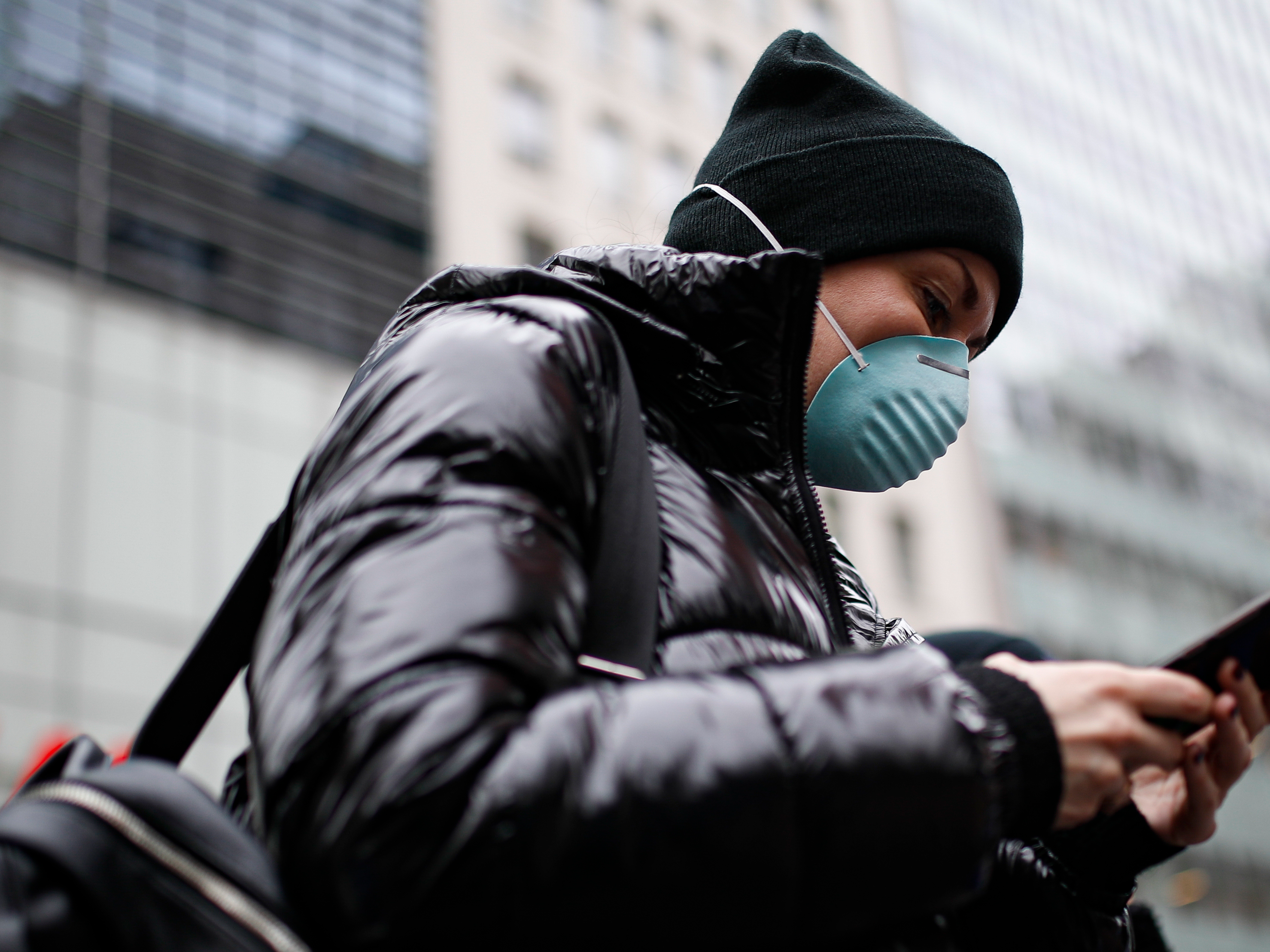- Poland on Friday released an app which requires people in quarantine for COVID-19 to periodically send selfies of themselves on request to prove they’re sticking to their quarantine.
- If users don’t respond to a request for a selfie within 20 minutes police will be alerted.
- The Polish government is reportedly automatically making accounts for suspected quarantine patients.
- Visit Business Insider’s homepage for more stories.
The Polish government has introduced a new app that will require coronavirus patients to take selfies to prove they’re quarantining properly.
Per France 24, the “Home Quarantine” app is intended for people quarantining for 14 days after returning from abroad.
People who’ve downloaded the app register a selfie with the app, then periodically receive requests for geo-located selfies. If they fail to comply, the police will be alerted.
“People in quarantine have a choice: either receive unexpected visits from the police, or download this app,” a spokesman for Poland’s Digital Ministry told the AFP. If a user fails to respond to a request within 20 minutes police will be notified.
France 24 reported that police in Poland fined someone for breaking quarantine 500 zloty ($116) on Friday.
British journalist Jakub Krupa tweeted that accounts are being automatically created for suspected quarantine patients.
The app also helps to connect with the social services or request help with urgent supplies.
Accounts are being automatically created for all suspected patients under quarantine, including tens of thousands returning from abroad.
— Jakub Krupa (@JakubKrupa) March 20, 2020
Krupa tweeted that the purpose of the app isn't solely to punish people breaking quarantine, saying it also "helps to connect with the social services or request help with urgent supplies."
According to Poland's Digital Ministry the app is available to download on Google Play and the App Store.
Although demanding selfies is unique, Poland is not the only country to introduce unusual and invasive measures using people's phones to contain and control the spread of the coronavirus.
Singapore has asked citizens to download an app which uses Bluetooth to track whether they've been near anyone diagnosed with the virus, and Taiwan has introduced "electronic fences" which alert police if suspected patients leave their homes.
